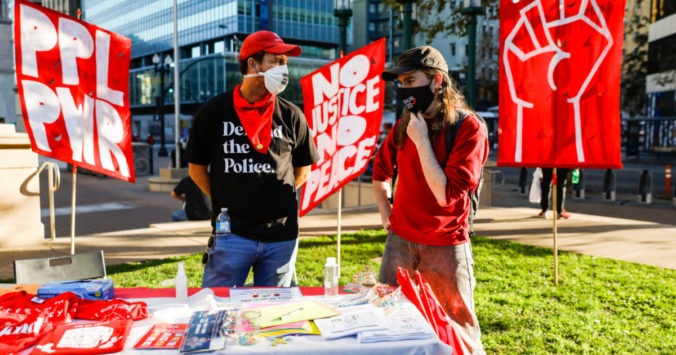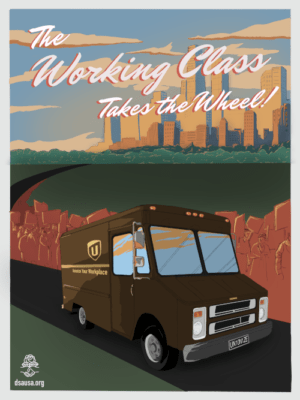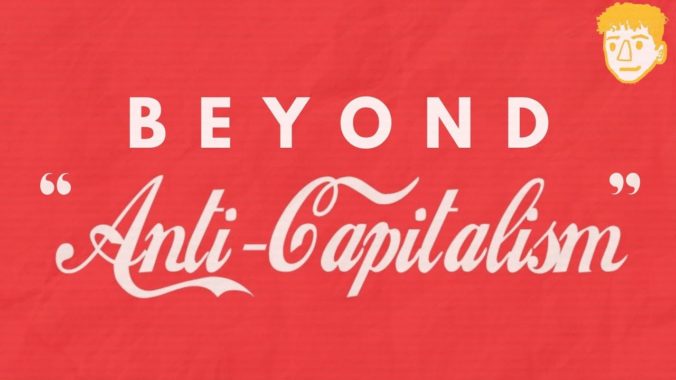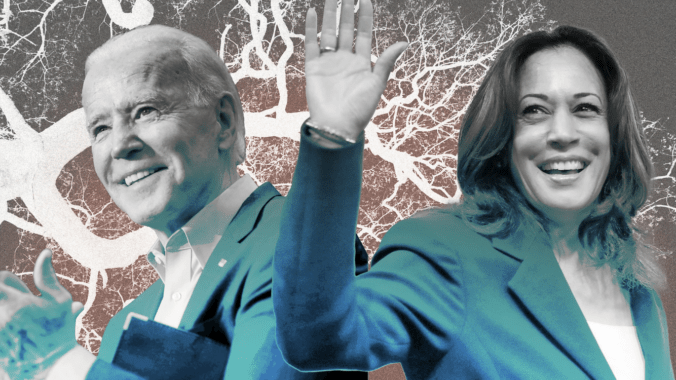The contemporary left repeatedly tries to solve all the world’s problems through linguistic idealism. It’s one of the more discouraging aspects of left politics today. And almost anyone with organizing experience born before 1985 knows we can’t ‘language’ our way to a socialist world.
In the DSA, for instance, we see repeated appeals to the ‘multiracial working class‘ as a target base. And in activist spaces across the progressive and left worlds, we see pronoun introductions and attempts to get people’s pronouns right as an end in itself, rather than a means to open up further work.
To be clear, there’s nothing wrong with either of these things, in the abstract. We should target a working class across base racial lines. And, of course, we should get people’s pronouns right. These count as very basic background things we should do.
However, the left adopts a bizarre sort of linguistic idealism by treating these things as an end, rather than as a means. We slide into the idea that by getting the language right, we magically also fix the world.
But you don’t build a multiracial working class base just by saying you’re doing it. You build it by getting out into communities, talking with people, and inviting them to join you.
And that’s where most activists just haven’t succeeded.




